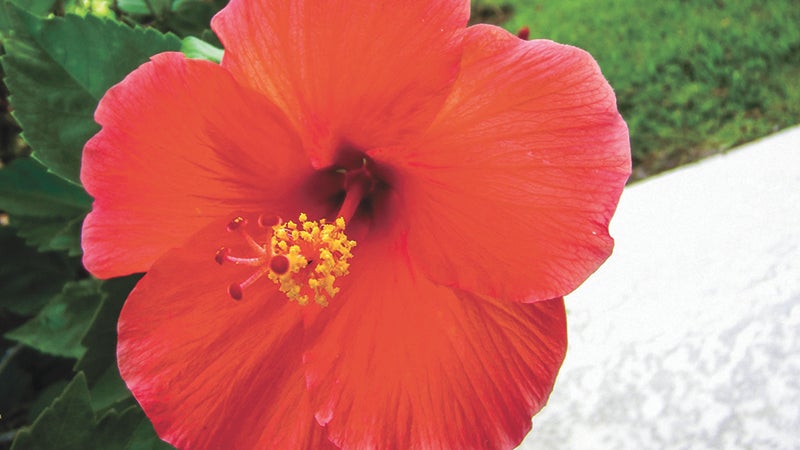The majesty of leaves during the fall
Published 8:55 am Monday, November 9, 2015
Fall leaf majesty begins as leaves change from green to golden yellowish orange or to brilliant crimson. The use of these majestic fallen leaves in lawns, trees, shrub beds and vegetable gardens is highly desirable.
Leaves can be used as mulch for your landscape. The benefits of using leaves are to curb moisture loss, discourage weeds, control soil temperatures, limit soil erosion and avoid soil compaction. Fallen leaves contain 50 to 80 per cent of the nutrients a plant gets from the soil and air during the growing season.
The easiest way to incorporate leaves into your lawn is simply to mow over them and leave them in place. Shredded or mown leaves will decay faster and are more likely to remain in place than unshredded leaves.
Mulch trees and shrubs by placing a three to six inch layer around their base. In shrub beds, you may directly till leaves into the soil during the fall. Add small amounts of nitrogen fertilizer or manure to the soil to speed decay. A six to eight inch layer of leaves turned into heavy clay will improve air circulation and drainage.
In a fall vegetable garden, mulch with leaves in rows and furrows. Leaves in the furrows provide a natural pathway and will compost beautifully. During the next growing season the furrows become the rows ready with nutrients for your plants.
An easy way to compost leaves is called bag composting. Collect and shred leaves. Place in a heavy duty, plastic trash bag. Into a full bag of leaves, put one or two shovelfuls of garden soil and either two shovelfuls of manure or about one-half cup of a high nitrogen fertilizer. Apply enough water to thoroughly moisten the leaves. Punch 10 to15 holes in the plastic bag to allow for air circulation. Turn the bag once or twice. Add water, if needed, to keep the leaves moist. Store in an out-of-sight place. After about two weeks, open the bag to check on the composting process. The compost will be ready for use generally in six to eight weeks.
(Be aware that leaves that have been sprayed with a herbicide containing clopyralid and aminopyralid should not be composted. This compost will injure the growth of plants as these herbicides can remain active for more than two years.)
Enjoy the majesty of the leaves as they turn and enjoy the benefits of the majestic fallen leaves this season and for years to come!
Contact Jefferson County Master Gardener Eileen Slater at enslater08@gmail.com or call the Texas A&M AgriLife Extension Service at(409)835-8461.


